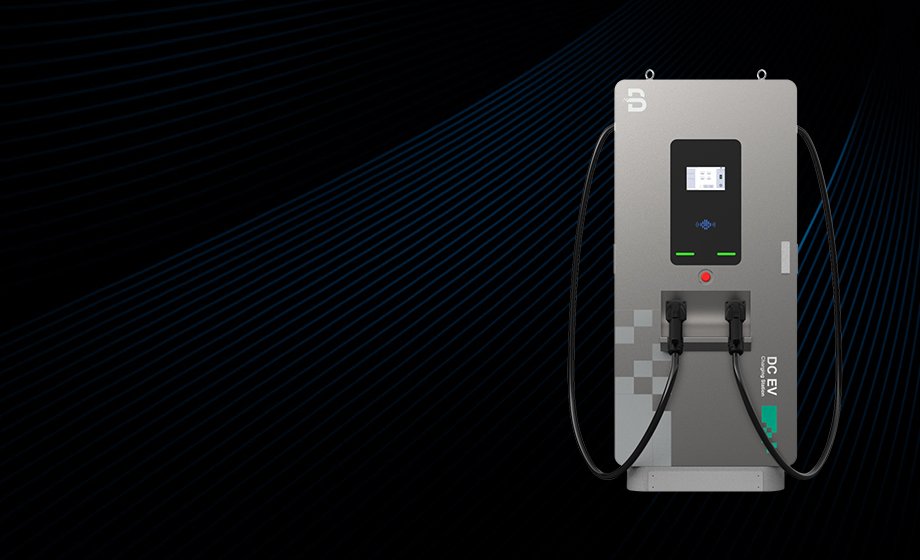Solar systems generate electricity from renewable energy. Solar energy is free and almost inexhaustible. In this article we will discuss all the advantages and disadvantages of solar energy and solar systems.
All advantages and disadvantages of solar energy as a table
Solar energy is a worthwhile investment in the long term. In addition to many advantages, it also has some disadvantages - as the table below shows.
| Benefits of Solar Energy | Disadvantages of solar energy |
| reducing energy costs | high investment costs |
| climate-neutral electricity generation | weather-dependent power generation |
| reduced carbon dioxide emissions | seasonal fluctuations |
| less dependence on energy suppliers | large installation area required |
| price stability | limited storage options |
| durable and low-maintenance systems | bureaucratic effort |
| can be combined with other renewable energies | Solar cells are not (yet) recyclable |
| Grants are available | |
| increase in the value of the property |
Let’s take a closer look at the advantages and disadvantages.
Benefits of Solar Energy
1. Reducing energy costs
Solar energy is a freely available and renewable energy source. Savings of 30 to 80% in energy costs are possible - depending on the size of the solar system and the use of solar power.
For example, the electricity generation costs for photovoltaics are 5 to 11 cents per kilowatt hour. The price of electricity, on the other hand, fluctuates between 30 and 40 cents per kilowatt hour. This means savings of up to 25 cents/kWh are possible. The same applies to solar thermal energy, where the generation costs are far below the price of fossil fuels.
2. Climate-neutral electricity generation
Solar energy is emission-free, noise-free and odor-free. Unlike natural gas or coal, it is an inexhaustible energy source. Only solar radiation is needed to generate electricity and no machines or complex extraction processes are necessary. In addition, no carbon dioxide emissions are produced during operation.
3. Reducing carbon dioxide emissions
Unlike fossil fuels, solar energy does not require combustion. This means that carbon dioxide emissions are minimal. They amount to around 50 grams of CO₂ per kilowatt hour of electricity and are generated during production and transport. For comparison, the CO₂ emissions for electricity production using brown coal are over 1,000 g/kWh.
You can also use solar power to charge an electric car. This will reduce CO₂ emissions even further and significantly improve your ecological footprint.
4. Less dependence on energy suppliers
With your own solar system, you become more independent from the grid operator. You generate your own electricity and use as much of it as possible in your home. With a PV system, you can cover 25 to 35% of your electricity consumption. With a PV system with storage, a level of self-sufficiency of up to 80% is even possible. This has the advantage that you are less affected by fluctuations in energy prices.
5. Price stability
With a solar system, you generate electricity every day at a fixed price. Fossil fuels are running out, which means electricity prices are rising. With a PV system, you don't have to worry about rising electricity prices.
6. Durable and low-maintenance systems
Solar systems now have a lifespan of at least 20 years. The average lifespan is around 30 years. With regular maintenance, a lifespan of up to 40 years is possible. The solar modules usually clean themselves and the PV system is low-maintenance. This means that you can benefit from the advantages of solar energy for a long time.
7. Combination with other renewable energies possible
Solar energy can with other renewable energies such as a heat pump. The combination is particularly advantageous not only from an environmental point of view, but also from an economic point of view. By using solar power to operate a heat pump, both systems become even more profitable.
8. Funding is available
There are several funding programs available for solar energy. The federal government promotes solar energy through zero tax rates, KfW loans and feed-in tariffs. Funding for solar thermal energy is available through the Federal Office for Economic Affairs and Export Control.
9. Increase in value of the property
Installing a solar system increases the value of a property. It ensures climate-neutral energy production, which increases the market value of your single-family home.
Disadvantages of solar energy
1. High investment required
Although the costs of solar systems have fallen steadily in recent years, a PV system for a single-family home still costs between €10,000 and €18,000. If you add an optional storage system, additional costs of around €5,000 to €10,000 are added.
2. Weather-dependent power generation
Solar energy needs solar radiation to achieve the highest possible yield. Although it works in bad weather and in the shade, the yield is still lower. Light cloud cover reduces the power yield by up to 60%. In rain and fog, the power loss is up to 90%. A full solar power yield is only achieved on sunny days.
3. Seasonal fluctuations
In Germany, solar energy generates 80% of the annual yield between March and October. In winter, electricity production is significantly lower. As a result, you need to get more electricity from the grid to cover your daily needs.
4. A lot of installation space required
Solar systems require a large installation area. This is usually only available to a limited extent in single-family homes. This can make installing a solar system more difficult. Intensive research is being carried out into increasing the efficiency of solar cells so that over time solar systems will generate the same amount of electricity in a smaller area.
5. Limited storage options
A power storage unit stores excess solar power for later use. The storage capacity is limited because the storage technology is not yet fully developed. Although significant progress has been made in recent years, solar power can still only be stored for a maximum of two days.
6. Bureaucratic effort
Operating a solar system is considered a commercial activity. Most solar systems have been exempt from tax since January 1, 2023, but they still have to be registered. You must register your solar system with the tax office, the Federal Network Agency and the network operator.
7. Solar cells are not (yet) recyclable
Disposing of solar modules is free, but reusing and recycling solar cells is not yet possible. Separating solar cells is a challenge. The amount of used solar modules is currently limited because they were only installed in the last 20 years. However, forecasts assume that 27 million tons of photovoltaic waste will be generated annually by 2040.
What is solar energy anyway?
Solar energy is the generation of energy using solar radiation. The most commonly used form of solar energy is photovoltaics. Here, solar cells convert sunlight into electricity. Another form of solar energy is solar thermal energy, i.e. the generation of heat energy. This is used to heat water and/or to support the heating system.











